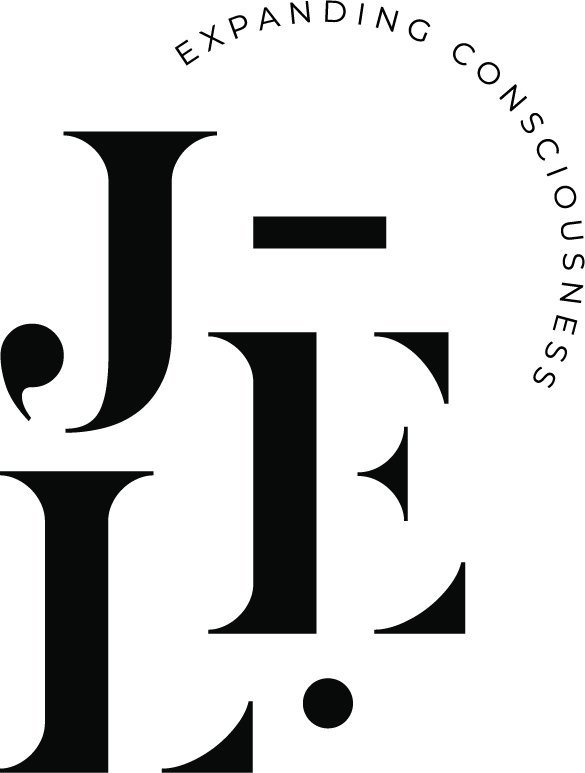Module Seven Part 4 - Refresh your cornerstones
Objectives:
write down the words that describe your four cornerstone
Find a reason to change your thinking, the pain of staying the same works well
explore alternative words that have opposite meaning to your cornerstone words, with a buddy can be helpful
use your new words as your new cornerstones speak them out loud.
understand and MAINTAIN your boundaries
Make a Mask that can help you display the new ways of being that you prefer
write down
your 4 cornerstone words
Contemplate how these habitual ways of being have affected your life for better or worse.
Habits, both good and bad, actually make things easier to do. Habitual actions take very little energy or thought, they just happen automatically so quick, easy and comfortable. It’s a natural way of saving energy.
You know what it’s like, switch off concentration for a moment travelling along a familiar route and before you know it, you’ve gone the same route as you normally go, without even thinking about it. Helpful if that’s where you wanted to go, annoying if you didn’t want to go there!
Helpful habits of course bring helpful results, just as unhelpful ones bring unhelpful results. By now you are fully aware of the living truth of this statement, since you found out what your four cornerstone habits are and the way you have built your life around them.
Congratulations, once habits are exposed, you have already made great strides towards either using them consciously, or replacing them with more helpful habits.
Make new habits
Decide which habits to replace and which to store in your tool box for times you can use them consciously with helpful results, rather than as habits. They have been your survival skills as a child, and until now, sometimes they may still be helpful, but at first it’s good to kick out the habit part of them.
discover words to overlay
Explore new words that mean the opposite of the old words you ran as habits. Play with the new ways of being until you decide if they are more helpful to you. If and when events occur that trigger the old patterns, do your best to catch them and focus on the new ways of being. If you have a good enough reason, you can do anything. Find a good enough reason to change whatever you realise you need to change.
“nothing happens until the pain of remaining the same outweighs the pain of change”
- Arthur Burt
It’s certainly not easy to change our habits, but it becomes easier when we have a good enough reason. Acknowledging the pain of remaining stuck in the same place for the next three years is often a good enough reason to make changes.
Be lighthearted about your new identity
Rather than making your changes into a serious situation, be lighthearted about it; use humour within your new way of being. Rather than being in the the energy of ‘trying’, focus on ‘allowing’. Relax and breathe.
Also it’s worth understanding whatever happened doesn’t matter. What does matter is what you think happened. AND you can choose to change your thinking to focus on ideas that benefit and uplift you. Remember you are creating a human experience.
understand & maintain your personal boundaries
A boundary is defined by a line that marks where your responsibility ends and another person’s begins. Maintaining it, means stop doing things that others should be doing for themselves. A healthy boundary also stops you from rescuing people from the consequences of their own irresponsible or sabotaging behaviour that they need to experience so they can grow beyond it.
This is an ongoing maintenance. We don’t just wash once and we miraculously stay clean. Through repetition all skills evolve into habits that require less and less energy to maintain. Practice makes progress!
make a mask
Refer to Module Five part 3 to find details of how to make a mask, that can help you to embody the qualities you need to make the changes you are asking for.







